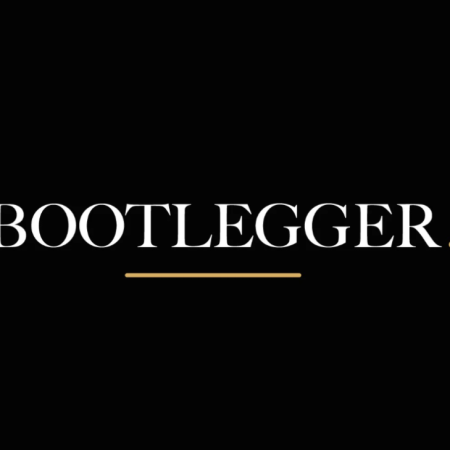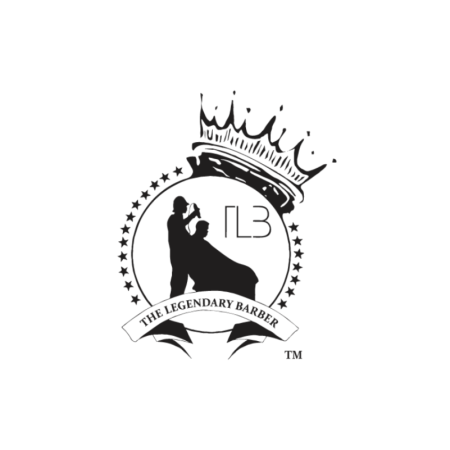Introduction
Franchising is growing in South Africa, offering entrepreneurs the chance to run businesses backed by the success and support of established brands. But before jumping into this exciting world, there’s one critical piece of paperwork that can make or break your journey as a franchisee: the franchise agreement.
A franchise agreement is more than just a contract—it’s the blueprint for your relationship with the franchisor. If you’re considering buying a franchise in South Africa, here’s what you need to know to navigate this legal document like a pro.
1. What is a Franchise Agreement?
In simple terms, a franchise agreement is a legally binding document between a franchisor (the brand owner) and a franchisee (you, the business operator). It outlines the responsibilities, rights, and expectations of both sides. Every franchise agreement is unique to its brand, but it generally covers essential aspects like:
- Territory rights
- Royalty fees
- Marketing contributions and how they are dealt with- Duration of the agreement and – conditions of renewal
- Ongoing responsibilities and obligations for both parties
2. Understand Your Territory
One of the most crucial elements in any franchise agreement is your territory granted. This defines where you can operate without direct competition from another franchisee. For example, if you’re opening a franchise in Norwood, you need to know precisely how far your exclusive zone stretches—are you protected within a few kilometres, or does it cover the whole city? In a busy city, a territory for a retail franchise could be a mall by itself since consumers have specific shopping habits and tend to visit the same malls frequently. The franchisee could have the whole town as a territory in a smaller town.
Ask questions like:
- How does the franchisor determine territories? It’s essential to understand if this is underpinned by market research or “gut feel” alone
- What happens if there is an opportunity for another outlet in my territory? Most franchises offer a “first right of refusal,” which allows the current franchisee to decide if they want to open another outlet and exercise their right.
3. Know the Fees and Royalty Payments
Franchise agreements often come with a mix of fees, including:
- Initial Franchise fee: the upfront payment for joining the franchise.
- Ongoing royalties: primarily a percentage of your revenue, paid to the franchisor regularly.
- Marketing fee: contributions to national or regional advertising campaigns.
Understanding the exact structure of these fees is crucial, especially for your financial planning. Be sure to ask whether royalties are fixed or a percentage of your revenue and what benefits you’ll get from national marketing efforts. According to the Consumer Protection Act (CPA), the franchisor must pay marketing contributions into a separate account and use it for marketing activities for the brand only.
4. Adherence to Brand Standards
South Africa’s franchise landscape is competitive, and one reason many franchises succeed is brand consistency. Your agreement will likely have stringent clauses referring to the use of the franchisor’s brand. Franchisees are required to protect the brand and adhere to brand and marketing policies described in the operations manual.
These could cover everything from implementing store branding uniforms to marketing materials. You could face penalties or even lose your franchise rights if you deviate from these standards. Be prepared to follow these rules meticulously to avoid conflicts down the line.
5. Support and Training
A massive benefit of buying a franchise is the ongoing support you receive. In South Africa, many franchisors offer extensive training programmes, from onboarding new franchisees to continuing professional development
.
Ensure that your franchise agreement clearly outlines the following:
- Initial training programmes for you and your staff.
- Ongoing support, such as marketing assistance, product updates, or new operational processes.
This is where franchising’s real value shines—you’re not just paying for a brand name but for the expertise and infrastructure behind it.
6. Duration and Renewal
Franchise agreements don’t last forever. Typically, they range between five and ten years, with options for renewal. It’s important to clarify:
- How long is your agreement valid?
- What are the conditions for renewal?
- Is there an additional cost or fee when renewing?
Understanding these points can help you plan for the long term and avoid surprises when your agreement comes up for renewal.
7. Exit Strategies
Nobody goes into business planning to fail, but it’s wise to have an exit strategy in place just in case. Your franchise agreement should specify how you can exit the franchise, including the process of selling the business or transferring ownership. Usually, the franchisor reserves the right to approve the buyer of your franchise.
Ask questions like:
- Can you sell your franchise to another person or entity?
- What are the franchisor’s approval requirements for new owners?
- Are there any fees for terminating the agreement early?
8. Legal Protection and Compliance
The South African government has introduced legislation to protect franchisees, with key regulations covered under the Consumer Protection Act (CPA). The CPA requires franchisors to provide a disclosure document outlining critical information, including financial performance, franchise fees, and renewal conditions.
As stipulated by the CPA, ensure you receive a disclosure document at least 14 days before signing your franchise agreement. This gives you time to review the terms carefully and seek legal advice before committing.
9. Get Expert Legal Advice
Franchise agreements are often packed with legal jargon, making them difficult to interpret if you’re unfamiliar with the language of contracts. It’s essential to consult an attorney who can explain the terms and ensure you fully understand your rights and obligations.
Conclusion
Owning a franchise in South Africa can be rewarding and profitable, but it all starts with a clear and well-understood franchise agreement. By paying close attention to details like territory rights, fees, brand standards, and legal protection, you can set yourself up for success.










